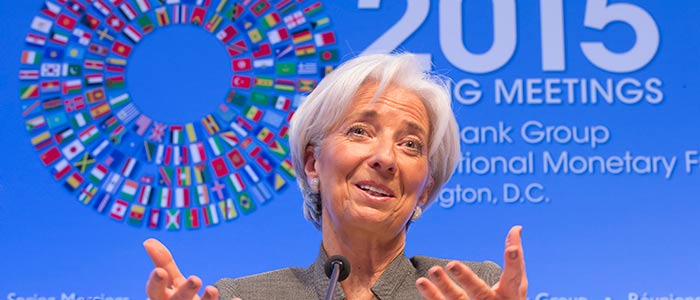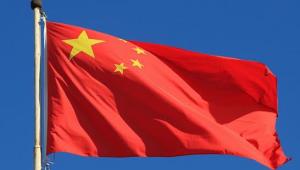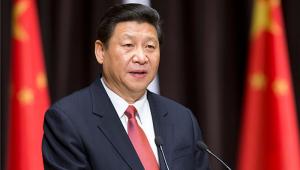WEb_IMF_ChristineLagarde_17169021875_5ac675797e_o.jpg

Christine Lagarde. Credit: IMF Staff Photo/Stephen Jaffe
Speaking at this year’s China Development Forum, Lagarde highlighted the three policy measures as “key elements” of China’s new five year plan, which lays the course towards sustainable development for the period 2016-20.
Lagarde said the world’s second largest economy is in the midst of a historic transition and rebalancing which is good for both China and the world.
She continued: “We should expect that, like any major transition, it will at times be bumpy. A delicate balance needs to be struck between shifting to a relatively slower but more sustainable pace of growth, and advancing much-needed structural reforms.”
The first of three policy “imperatives” she said would best guide this balance is to open up the Chinese economy by making it more market-driven and integrated with the rest of the world.
She said the inclusion of the Chinese Renminbi as part of the fund’s basket for its Special Drawing Rights reserve asset, which puts China among the IMF’s top three shareholders and raises the country’s status as a leader in the global arena, are testament to the country’s commitment to take a larger role on the world stage.
China should also increase its investment in research and development, expand innovation and entrepreneurship and work to move up the value-added chain to generate new drivers of growth, she continued.
Finally, she called on China’s government to press ahead with efforts to narrow the gap between rich and poor and the rural and urban populations, with a greater emphasis on green development.
Also speaking at the China Development Forum was Asian Development Bank president Takehiko Nakao. He focused his remarks on China’s sustainability goals and called for better promotion of green finance, which he described as an “urgent task” for the country.
This means larger green investments from the government, but also requires a strengthening of policies and the institutional framework, reducing subsidies and introducing green taxes, promoting public-private partnerships, and developing green bond markets and emissions trading schemes.
He commended the government’s commitment to allocate $80bn from the 2016 budget for infrastructure, including many green investments.
World Bank managing director and chief operating officer Sri Mulyani also praised the government’s initiative to restore the historic Silk Road trade routes, which she said was “one of the most ambitious efforts to improve cross-border connectivity on a trans-continental scale”.
This will promote inclusive growth across the region, she said, and foster trade, in turn contributing to restarting sluggish growth.
However, echoing Lagarde, Mulyani said China should work to ensure society is inclusive within countries and not only between countries. This would safeguard political support for urgently needed reforms, in particular surrounding trade.













